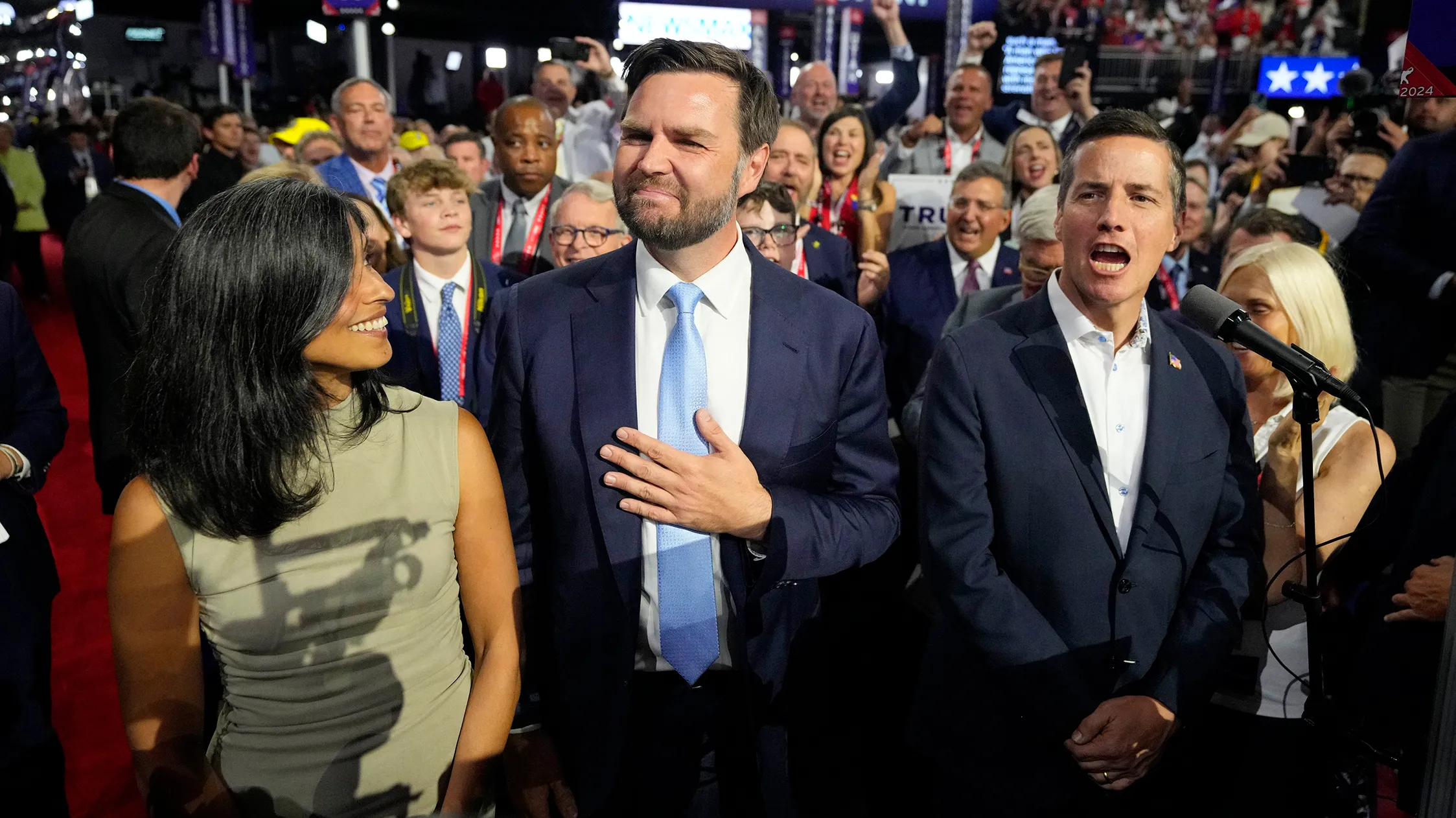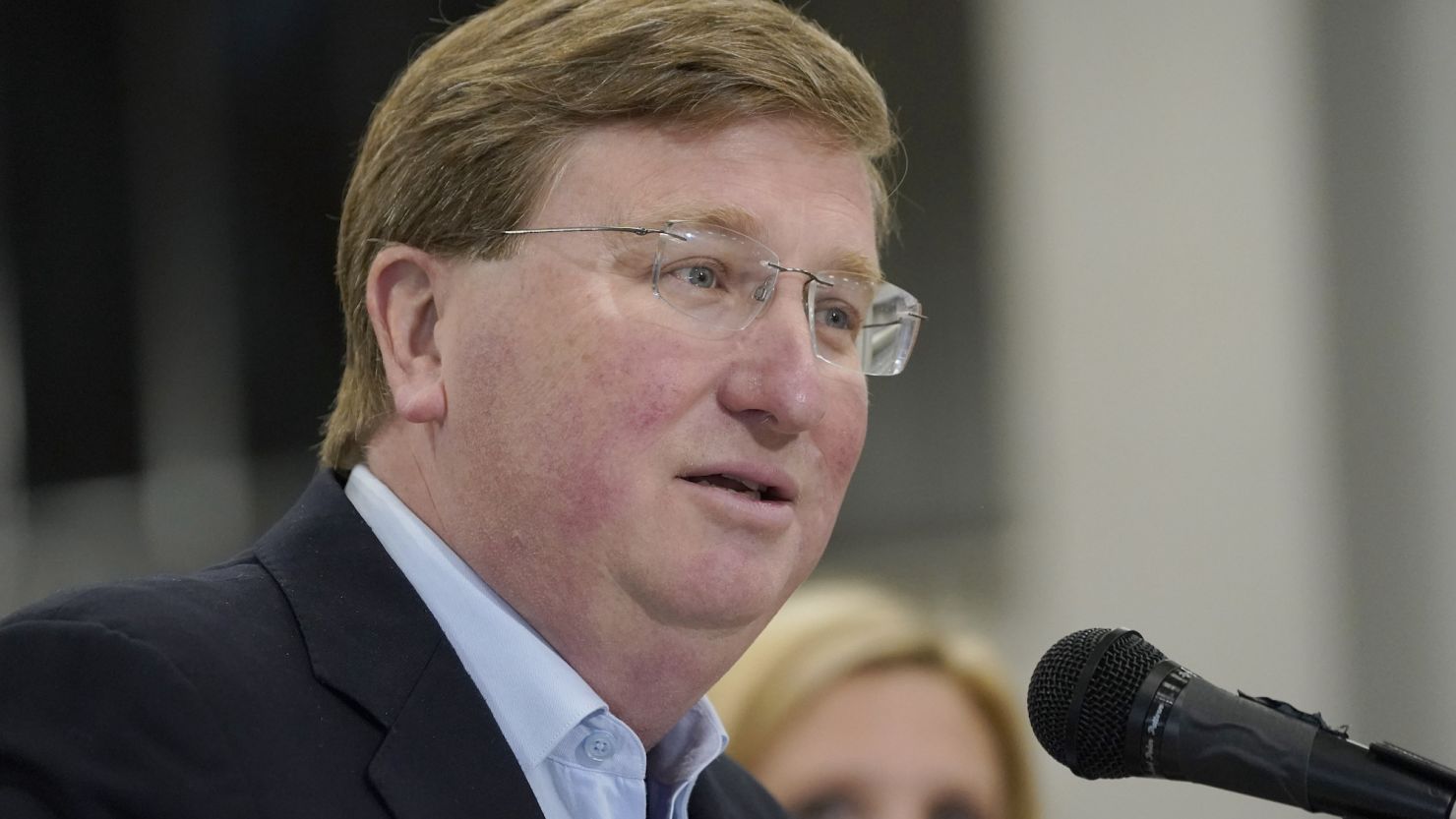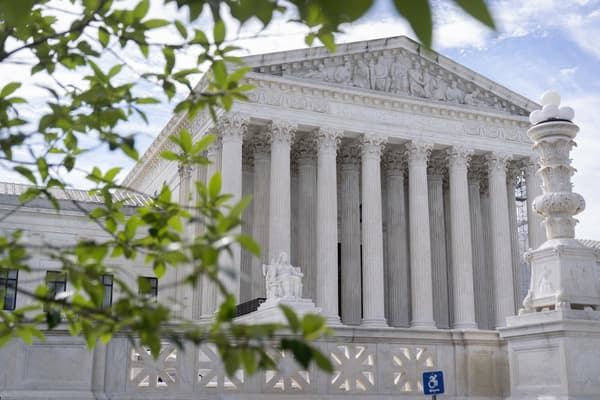The U.S. Supreme Court is poised to make a decision that could fundamentally alter the landscape of campaign finance, with implications that resonate beyond mere political spending. In a case involving Vice President J.D. Vance and two Republican committees, the justices will address whether limits on coordinated spending between political parties and candidates violate the First Amendment. This challenge to the status quo threatens to unleash a flood of corporate money into elections, further skewing the democratic process in favor of the wealthy.
Republicans Push for Unfettered Spending
At the heart of the Supreme Court"s upcoming deliberations is a provision of the Federal Election Campaign Act that restricts how much parties can spend in coordination with candidates. The law aims to curb corruption and the undue influence of money in politics. However, Vance and his allies argue these limits "severely restrict" the ability of political parties to advocate for their candidates, fundamentally framing their argument as a matter of free speech.
According to legal experts, the implications of this case extend far beyond campaign finance. If the court rules in favor of the plaintiffs, we could see spending limits on coordinated expenditures lifted, leading to unchecked financial influence in elections. This would exacerbate the existing disparities where wealthy donors can essentially buy political influence, drowning out the voices of ordinary citizens.
Previous Rulings Create a Dangerous Precedent
The court"s 2010 ruling in the Citizens United case enabled corporations and special interest groups to spend unlimited amounts on political campaigns, which has already led to an overwhelming influx of dark money into elections. The current challenge revisits this dangerous precedent by arguing that even the restrictions on coordinated spending are an unconstitutional infringement on free speech. This line of reasoning echoes throughout the Republican Party, which has spent decades attempting to dismantle campaign finance laws that were designed to protect democratic integrity.
Democrats Rally to Defend Campaign Finance Laws
In response to this challenge, Democratic groups, including the Democratic National Committee, are intervening to defend the lower court"s ruling that upheld spending limits. Marc Elias, a lawyer representing these groups, emphasized the need for a robust defense against the Republican Party"s relentless quest to erase statutory limits on political party expenditures. As reported by analysts, this case is not merely about campaign finance; it is indicative of a larger struggle for the soul of American democracy.

JD Vance announced as Trump"s 2024 vice presidential running mate
Potential Outcomes and Consequences
A ruling favoring the Republican plaintiffs could lead to a significant increase in the amount of money flowing into political campaigns, raising the stakes for future elections. The limits currently in place vary significantly based on state populations, ranging from $123,000 to $3.7 million for Senate candidates, which has helped maintain some degree of balance in the electoral playing field. Should these restrictions be lifted, the floodgates would open, allowing political parties to spend without limits and further entrenching the influence of money in politics.
This scenario raises critical concerns regarding voter representation and the efficacy of democratic governance. If only candidates backed by wealthy donors can compete effectively, the voices of marginalized communities and everyday citizens will be drowned out. The implications for civil rights and social justice are profound, as the traditional barriers that prevent equitable representation in politics could be further solidified.
A Call to Action for Progressive Advocacy
The stakes are immeasurably high as the Supreme Court prepares to hear this case. Progressive advocates must mobilize to protect the integrity of campaign finance laws that serve as a bulwark against corruption and serve the public interest. The Democratic Party must not only defend these limits but also advocate for stronger reforms that address the systemic inequities in our electoral system.
As this pivotal moment unfolds, it is crucial for progressive voices to demand accountability from lawmakers and to push for reforms that prioritize transparency and equitable representation. The fight for campaign finance reform is ultimately a fight for the heart of our democracy, and now is the time for action.

Title IX: Republican governors call for withdrawal of proposed rule ...



![[Video] Gunfire between Iraqi security forces and Sadr militias in Baghdad](/_next/image?url=%2Fapi%2Fimage%2Fthumbnails%2Fthumbnail-1768343508874-4redb-thumbnail.jpg&w=3840&q=75)
